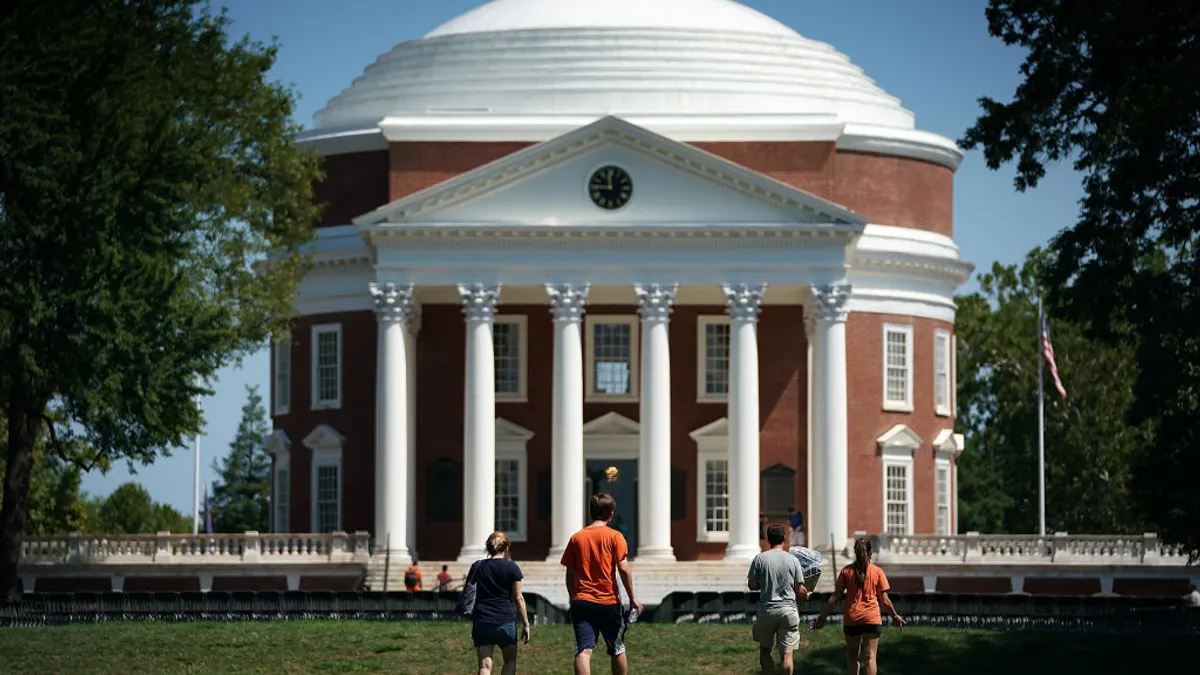Are college students losing interest in the humanities? That's what Harvard University is worried about. On Thursday, Harvard released The Teaching of the Arts and Humanities at Harvard College: Mapping the Future, a report that analyzes the decline in students' interest in the humanities and what the school's Arts & Humanities Division needs to do to stay relevant going forward.
Like most other universities, Harvard University has seen a drop in Arts & Humanities majors in recent years. 20% of Harvard students majored in the humanities in 2012, but that number pales in comparison to 36% in 1954. 14% of graduates nationwide majored in the humanities in 1966, but that number has fallen to just 7% in 2010.
The loss of interest in the humanities is likely linked to the fact that graduates with humanities degrees are not necessarily as employable as someone with, say, a computer science degree. A report from the Georgetown Public Policy Institute highlights this relevance gap: chemistry and elementary education majors had unemployment rates of 5.8% and 5%, respectively, while philosophy, history and English majors had much higher unemployment rates at 9.5%, 9.5% and 9.8%, respectively.
Couple these statistics with soaring tuition prices, astronomical levels of student debt, the current economic climate and the comparatively fantastic job prospects for STEM graduates, and it's no wonder students are trying to decide which degree represents the best return on their investment.
Harvard University should be worried about whether its Arts & Humanities Division can continue to stay relevant, but at least they are doing something about it. As Harvard's dean of Arts and Humanities Diana Sorensen put it, this "is an anti-intellectual moment" and "we, the people in arts and humanities, [need to] find creative and affirmative ways of engaging the moment" and show "what it is our work does so they don't think we're just living up in the clouds all the time."









